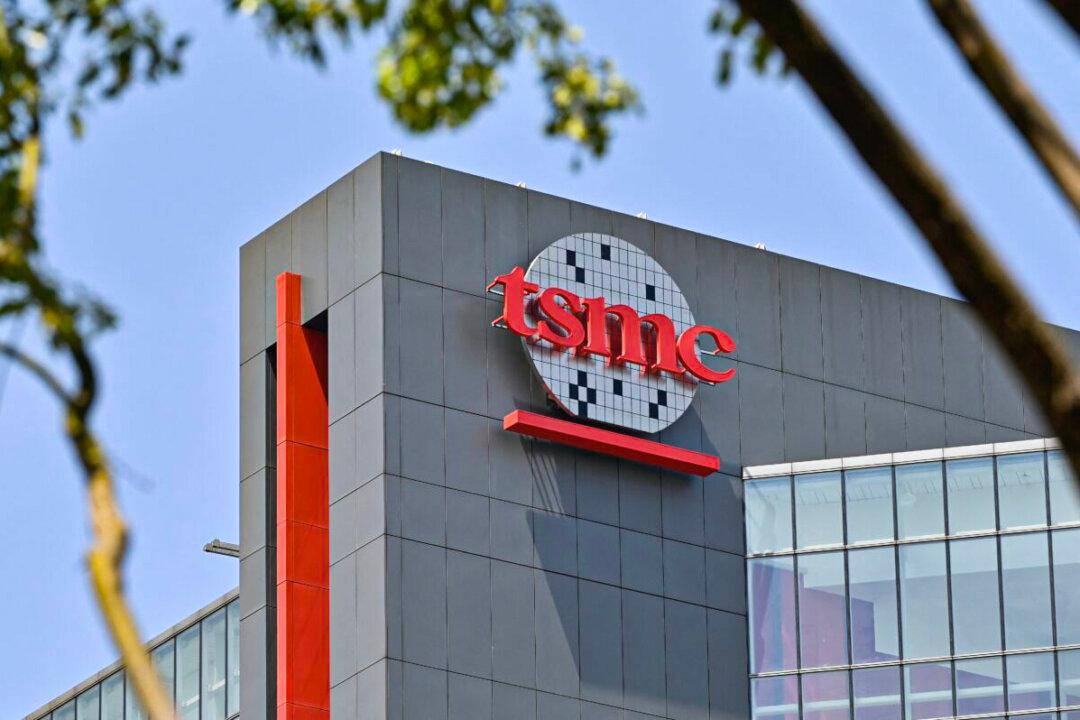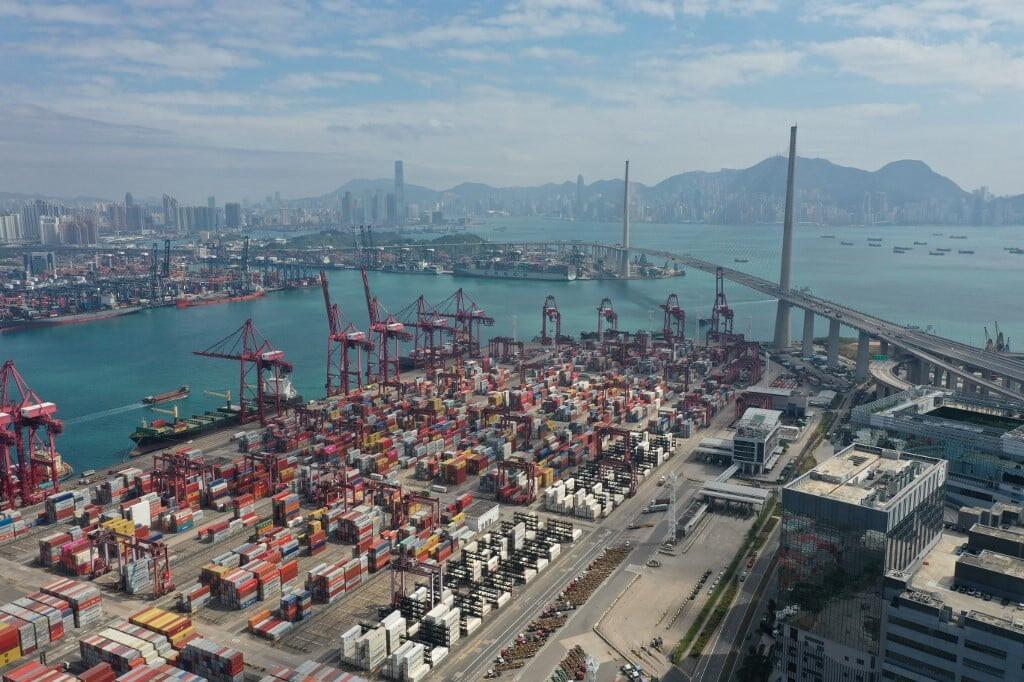On Oct. 7, the U.S. Department of Commerce announced sweeping new export controls that will cut China off from certain semiconductor chips that are made with U.S. technologies, regardless of whether the chips were manufactured in the United States.
In response to the new move, Taiwan’s Economy Ministry on Oct. 8 said that Taiwanese firms would comply with the latest measures put forth by the United States.




